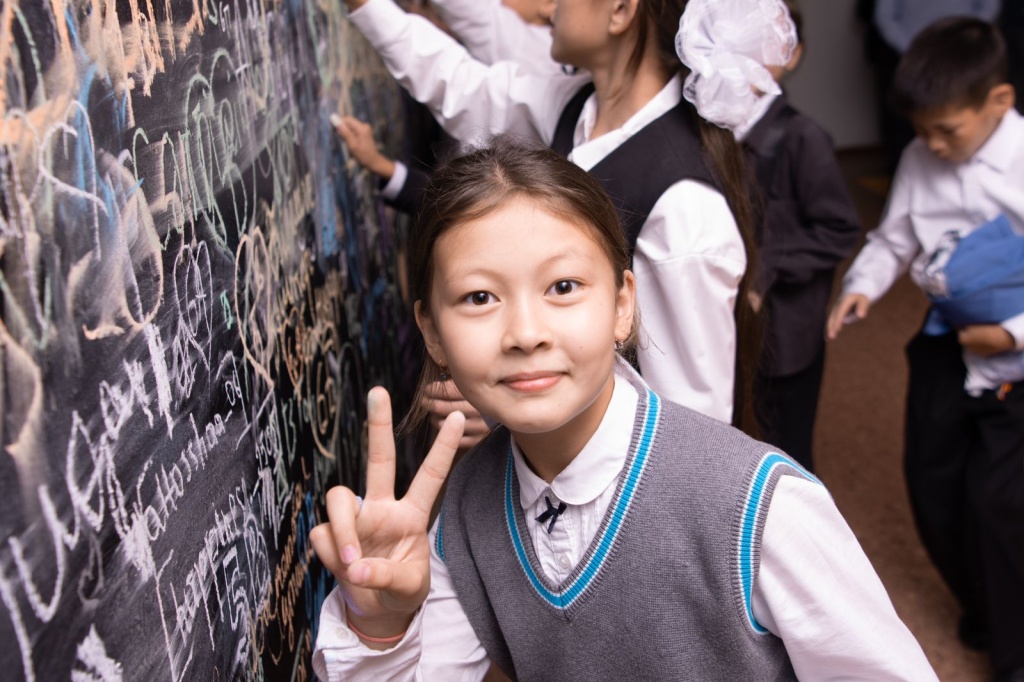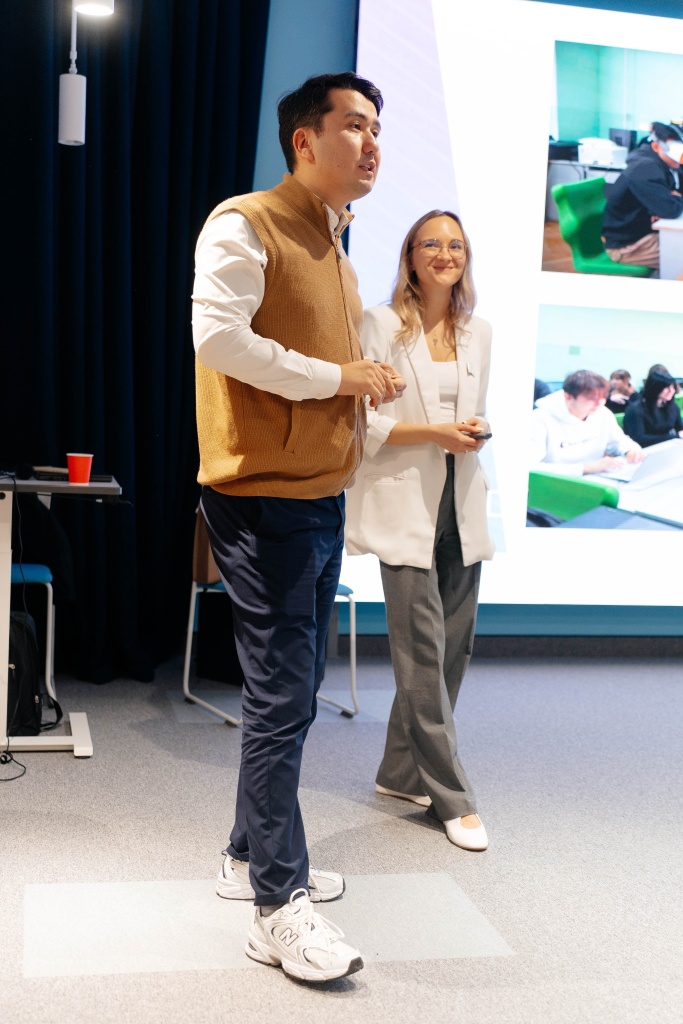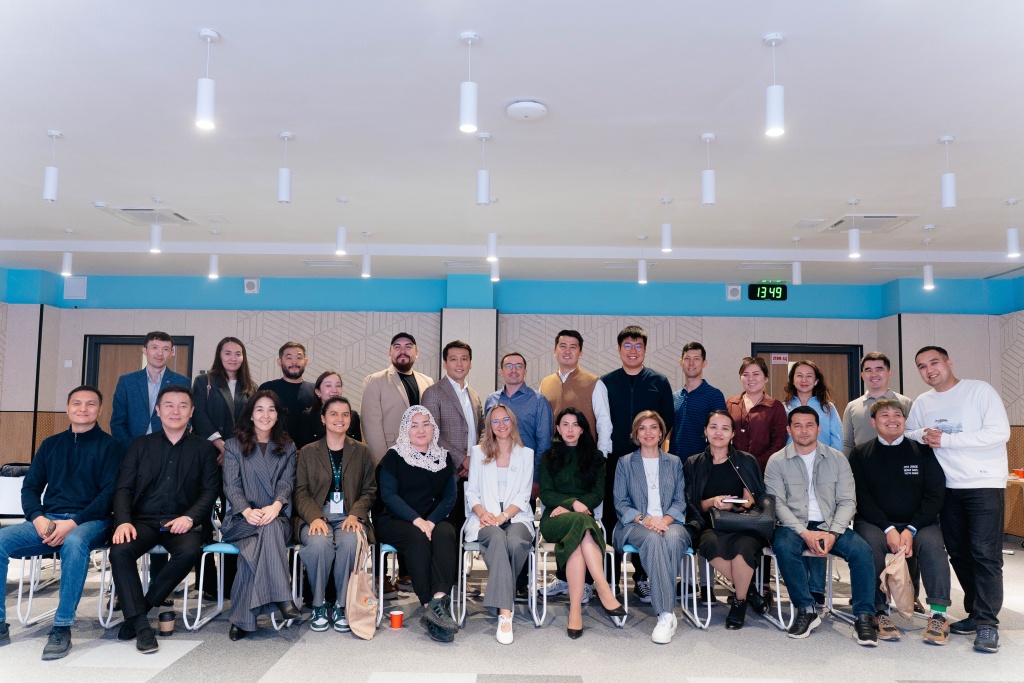20 Rural Schools in Kazakhstan to Join the Google for Education Project
Google’s Educational Program Launches with the Support of the Ministry of Education of the Republic of Kazakhstan
A pilot project to implement the Google for Education ecosystem in rural schools is being launched in Kazakhstan. The initiative is made possible through a partnership between the Fund for Sustainable Development of Education (FSDE)and Google, with the support of the Ministry of Education of the Republic of Kazakhstan.
In the first stage, 20 rural schools from 16 regions across the country will be connected to the educational ecosystem. Over the next three years, five of these schools are expected to earn the Google Reference School status — an international benchmark for digital transformation in education.
Each classroom will have access to Google Workspace for Education, including:
-
Google Classroom, Assignments, and Admin — tools for organizing and managing the learning process;
-
BigQuery and Looker Studio — for data analysis and progress monitoring;
-
Gemini — an AI assistant for generating assignments, checking texts, and sourcing educational content;
- Docs, Sheets, Sites, Vids, AppSheet, and other productivity and collaboration tools.
More than 200 teachers will participate in the project, undergoing specialized training and receiving international certification as Google Educators.
“Google for Education does not replace the teacher — it helps automate routine tasks, simplifies assignment preparation and grading, enhances personalized learning, and improves digital skills for both students and educators,” notes the Fund for Sustainable Development of Education.
The first school to participate in the project will be the secondary school in the village of Urul (East Kazakhstan region), which is also part of the ‘Rural School Powered by NIS’ initiative. With sponsorship from AITAS Holding, the school will be fully equipped with Chromebooks and gain access to Google Workspace. Local authorities will ensure a stable internet connection to support a fully digital learning environment.
Today, more than 50 million students and teachers worldwide use Chromebooks and the Google for Educationplatform. In 2021, Chromebooks were recognized as the best learning devices for primary and secondary education.
This program marks another important step toward closing the quality gap between urban and rural education and boosting the digital competencies of teachers, according to the Fund for Sustainable Development of Education.









